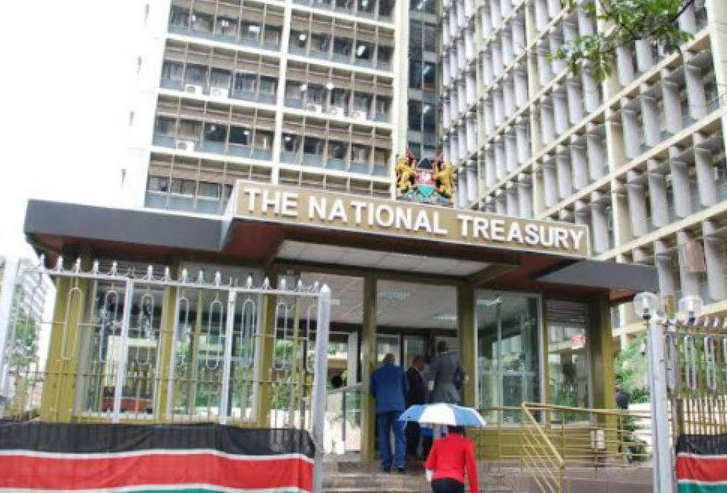WB raises concen over banks’ large NPL ratios

World Bank has raised concern that the high stock of non-performing loans (NPLs) held by bank’s risks slowing down or even derailing its support for Kenya’s post-Covid-19 recovery.
The Bretton Woods institution said the financial uncertainties associated mainly with NPLs, in addition to lack of job creation and disaster management risks are of great concern, even as the institution embarks on a Country Partnership Framework (CPF) for the financial years 2022 to 2027. “Financial sector risks may slow or derail proposed World Bank Group support for Kenya’s post-Covid recovery, including jobs and disaster risk management,” the World Bank has warned in its CPF report.
In the paper, the group also raised the red flag on corruption, saying it compromised citizen trust, operational effectiveness, leading to slowing down of programme implementation.
“The financial sector risks are mostly associated with high non-performing loans due to the impact of Covid-19 restrictions on businesses,” said Ken Gichinga, the Chief Economist at Mentoria Economics.
Money supply
This is a view supported by credit officers in a survey conducted by the Central Bank of Kenya (CBK) for the quarter ended March 31, 2021, which indicated a 1.4 per cent rise in gross loans from Sh2.9 trillion in December 2020 to Sh3 trillion in March 2021. By August 2021, Kenya’s Money Supply (M2) was up 8.5 per cent year-on-year, while foreign exchange (Forex) reserves was measured at $8 billion (Sh899 billion) in Jan 2021 equaling 5 months of import in Nov 2020.
Domestic credit reached $41.5 billion (Sh4.7 trillion) in Aug 2021, representing an increase of 13.2 per cent year on year.
The Covid-19 pandemic has devastated banks, with nine of the leading lenders who released their quarter one results this year posting a total of Sh339.9 billion in bad loans, equivalent to 32 per cent rise from the Sh257.4 billion NPLs in March last year, raising the gross ratio of NPLs to total loans by 12.5 per cent to 14.5 per cent.
Spending power
Financial analysts reckon that with reduced spending power from the population, it will be a tall order for the banks to not only recover loans from their customers, but to also cash in on the assets they are holding as collateral such as vehicles, buildings and pieces of land.
The CPF is the engagement framework between the WBG and member states, specifying the avenues of collaboration between both parties.















